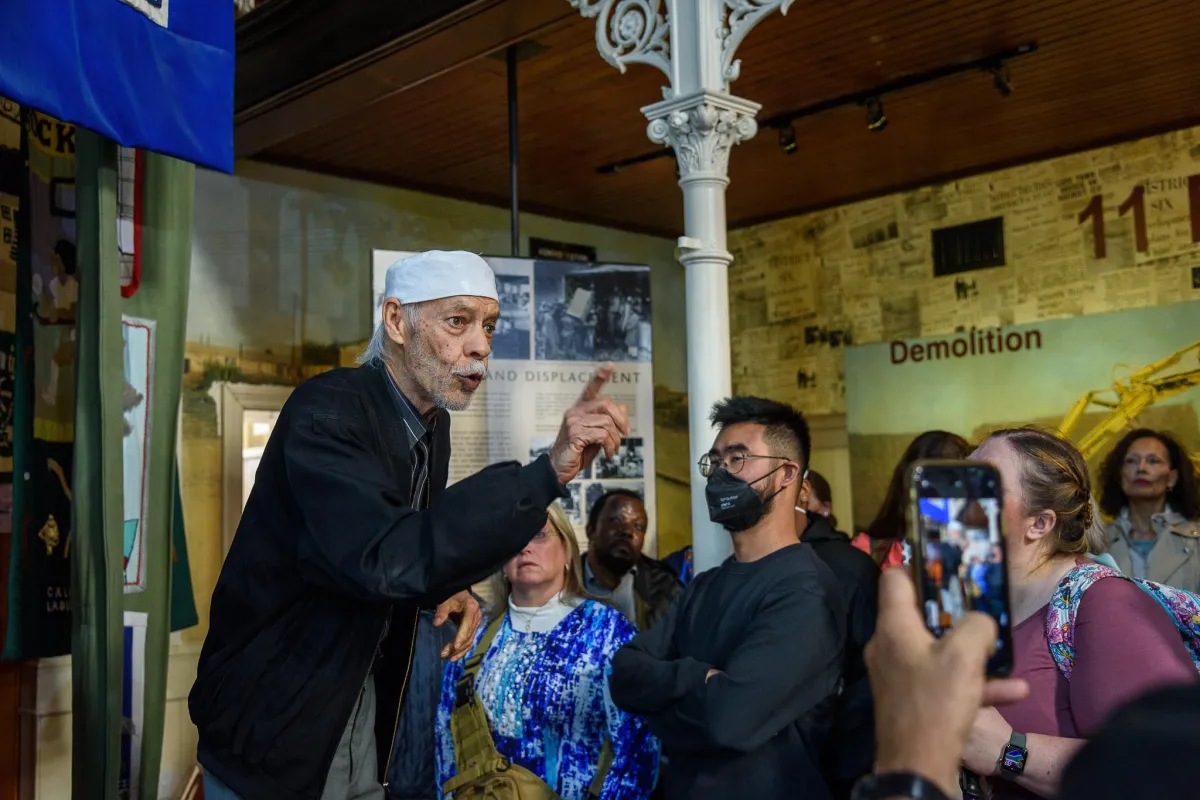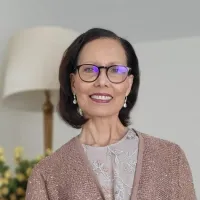Solid Ground Topics
"Building Leadership, Purpose, and Healing on Unshakable Truth"

Why Are White South African's Invited to Resettle in U.S.?
South Africa – A Few Points Overview
The claim that white South Afrikaners—descendants of Dutch, German, and French settlers—are being unfairly treated in post-apartheid South Africa is a gross oversimplification and, in many ways, blatantly untrue. While there have been discussions about land reform and economic shifts, these do not equate to systemic oppression or discrimination comparable to what Black South Africans endured for generations under colonialism and apartheid.
Post-apartheid South Africa has not adequately addressed the historical inequities that continue to define the country's socio-economic landscape. Black South Africans and other people of color still suffer from the lingering effects of apartheid-era policies, which left them with fewer economic opportunities, inadequate access to education, and widespread poverty. The dismantling of legal apartheid did not automatically translate into equality, and structural disparities remain deeply entrenched.

District Six Museum in South Africa
One key area of reform that has been particularly contentious is land redistribution. Historically, Black South Africans were forcibly removed from their land and relegated to homelands or townships under apartheid’s segregationist policies. (The image from the The District Six Museum in the old Methodist Mission Church recalls the life of this once-vibrant, racially mixed suburb and its destruction under apartheid in 1966 when 60,000 residents were forcibly moved. https://www.southafrica.net/uk/en/travel/article/district-six-museum-decades-of-memories.)The idea that some of this land could be redistributed to Black South Africans is not about punishing white landowners but rather about correcting historical injustices and creating a more equitable society. Land reform is not a radical or unprecedented idea—it is a necessary step toward economic justice. However, misinformation and fear-mongering have clouded the conversation, making it seem as though white South Africans are being unfairly targeted, rather than acknowledging the deeper goal of justice and restoration.
Let’s put a pin in this and return to another aspect of the discussion.
The Resettlement of White South Afrikaners
In an unusual move, U.S. President Donald Trump directed government officials to prioritize the resettlement of white South Africans through the U.S. refugee program. This program had been suspended on his first day in office, raising the question—why was there a sudden interest in resettling white South Africans? [1] (According to the subsequent article, the White South Africans did not accept the invitation.)
One clear link is Elon Musk, the billionaire entrepreneur with South African roots. While his family left South Africa long ago, his influence remains strong in global politics and business. However, the motivations behind such a resettlement effort likely extend beyond one individual.
A compelling theory is that those who would benefit most from this prioritization are individuals well-versed in maintaining systems of economic and racial stratification. These individuals, many of whom profited from apartheid-era structures, may be seeking opportunities to reassert their influence elsewhere. Historically, similar resettlements have been linked to broader agendas of economic and social manipulation—where certain groups retain power while others, particularly Black and Indigenous populations, continue to face systemic oppression.
In places where colonization and forced displacement have occurred, we’ve seen patterns of marginalized communities being relegated to underdeveloped areas with little infrastructure, often referred to as shanty towns. If the U.S. prioritizes the resettlement of certain South Africans while ignoring global refugee crises that disproportionately affect Black and brown populations, it raises questions about whose interests are truly being served.
Black South African Shanty Town

Ultimately, these discussions are not just about South Africa’s past but about how power, privilege, and historical narratives continue to shape present-day policies.
It is critical to analyze these issues beyond surface-level claims of fairness and injustice, looking instead at the deeper structures at play and asking: Who truly benefits from these decisions?
For more information, watch my YouTube video South Africa.
[1] AP News, Trump says White South Africans are Oppressed, https://apnews.com/article/trump-south-africa-afrikaners-0120efec17122b47e3371e0e39fe1db8

